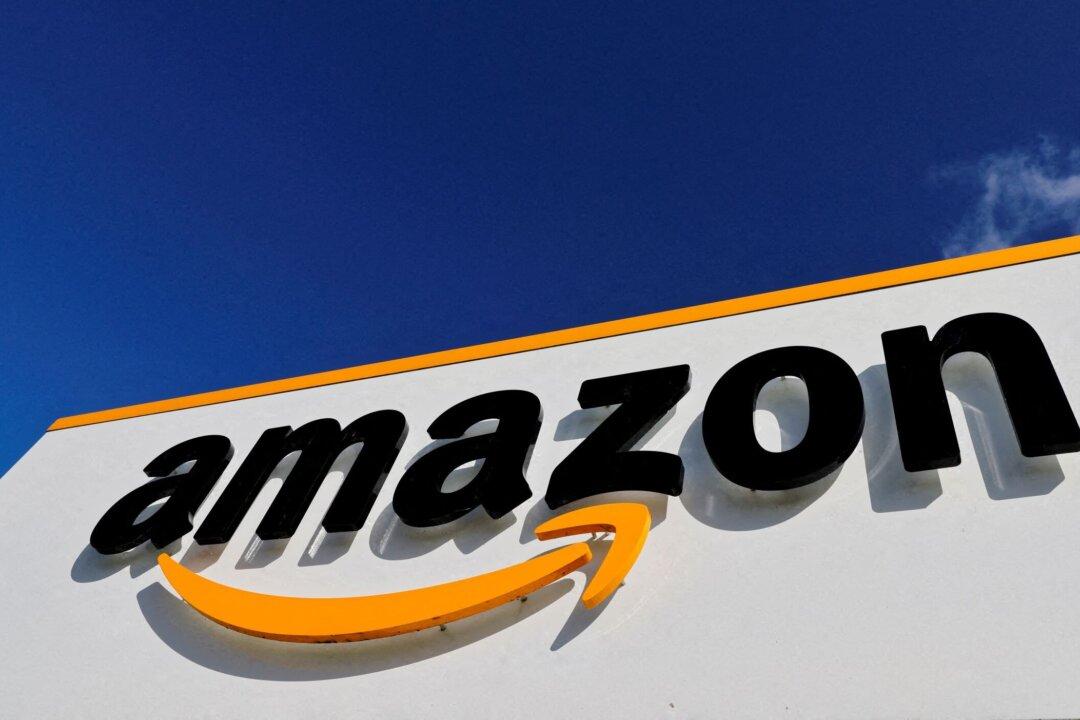Amazon has become the first publicly traded company in history to lose $1 trillion in market valuation amid a volatile economy that has sparked a broad tech selloff.
The Jeff Bezos-founded company, valued close to $1.88 trillion on July 2021, saw its shares fall 4.3 percent on Wednesday, pushing its market value down to $878 billion. Amazon stock has lost nearly 50 percent of its value this year alone.




